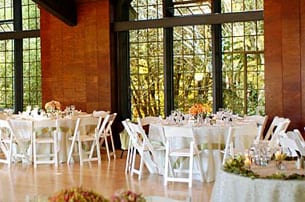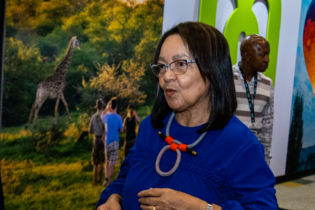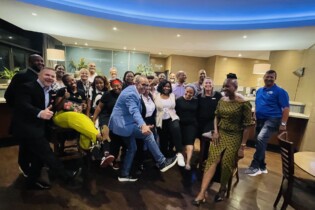There are over 3 500 MICE venues in South Africa. The majority of which are in Gauteng, with the Western Cape and KwaZulu-Natal are not far behind. The range of venues with meeting facilities available is as diverse as the people of South Africa.
Although there are a number of avenues where a meeting planner can source venues, there are very few that pin-point the best usage of the venues. For example:
- Is the venue more conducive for board meetings?
- With a certain number of 24-hour packages – will there be an exclusivity of use for that day(s)?
- Are there leisure facilities alongside the meeting facilities? If so, what kind?
Venue managers and owners are seldom able to determine whether they’re getting their fair share of bookings in comparison to other venues in the surrounding areas and, more importantly, why bookings may not be as profitable for the bottom-line in comparison to the operating expenses.
Venue management should take a hard look at where they’re going in relation to the type of facilities that may govern the effective usage and booking criteria.
Whether free-standing or accommodation-linked, MICE venue management must determine the target market for the particular type of venue. There’s a market for every type of venue and it’s management who gears their marketing to the most suitable potential client.
There are four types of investigations that can be undertaken by a MICE venue:
Grading
Grading is a snapshot and not specifically designed to take account of a venue’s particular attributes or possible shortcomings. The most important operations and catering aspects aren’t part of the grading process and are focused on the physical structure, standard of the furniture, fittings and fixtures.
Audit
An audit is far more than a snapshot as it enables a broader approach to be taken and incorporates, apart from the physical aspects, the internal systems. An audit tells management their current situation with the bookings schedule and the types of enquiries received for future usage.
Assessment
The assessment tool provides far broader opportunities and is more flexible, covering all the points an audit would undertake. It’s a flexible tool that can be tailored to suit the particular needs management requires to pursue and justify as a future reference point. A thorough assessment can point the way to major changes such as refurbishments, upgrades and expansion.
Benchmarking
The benchmarking process is the most thorough of all the venue investigations. It begins with an in-depth observation over the past five years and takes marketing, communications, operations, catering and bookings into account. Benchmarking is a lengthy and serious series of investigations resulting in tangible steps going forward.
MICE venue management need to realise the dynamic nature of the industry with the possibility of subcontracting certain services rather than pursuing a 365-day operating service that is used for around 200 booking days per annum.
The South African MICE industry is becoming more complex with the amount of in-house facilities, distance participation software and video-conferencing techniques. Although it’s unlikely that person-to-person interaction will diminish, with the growth of more venues incorporating meeting facilities, it takes a sensible venue management to pinpoint the way forward to capture their share of the lucrative MICE market.







